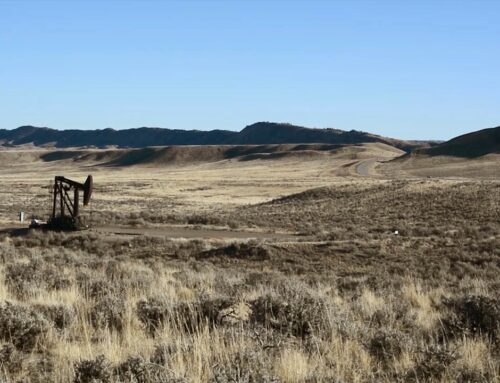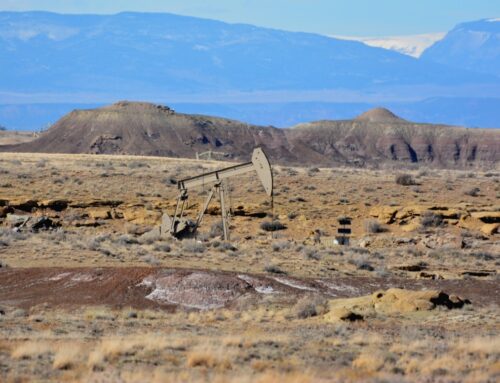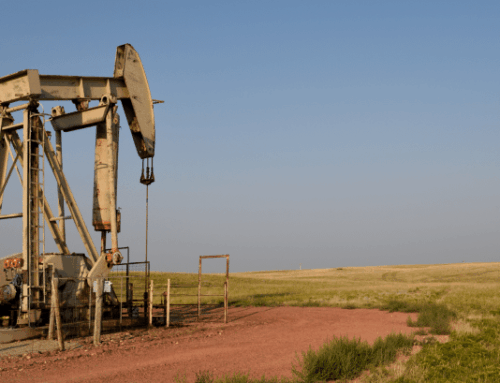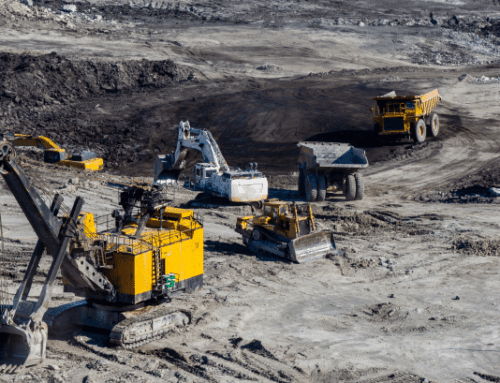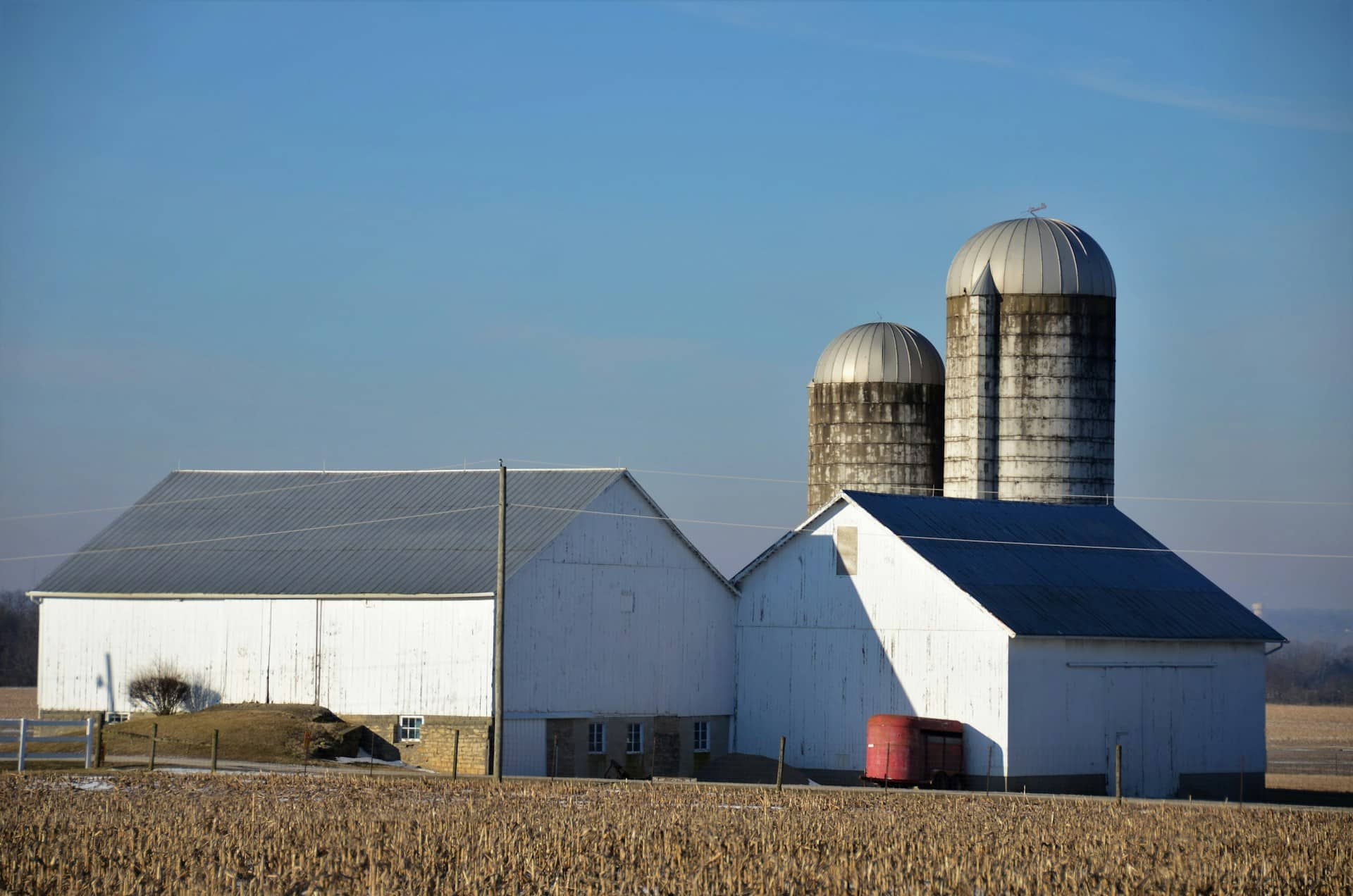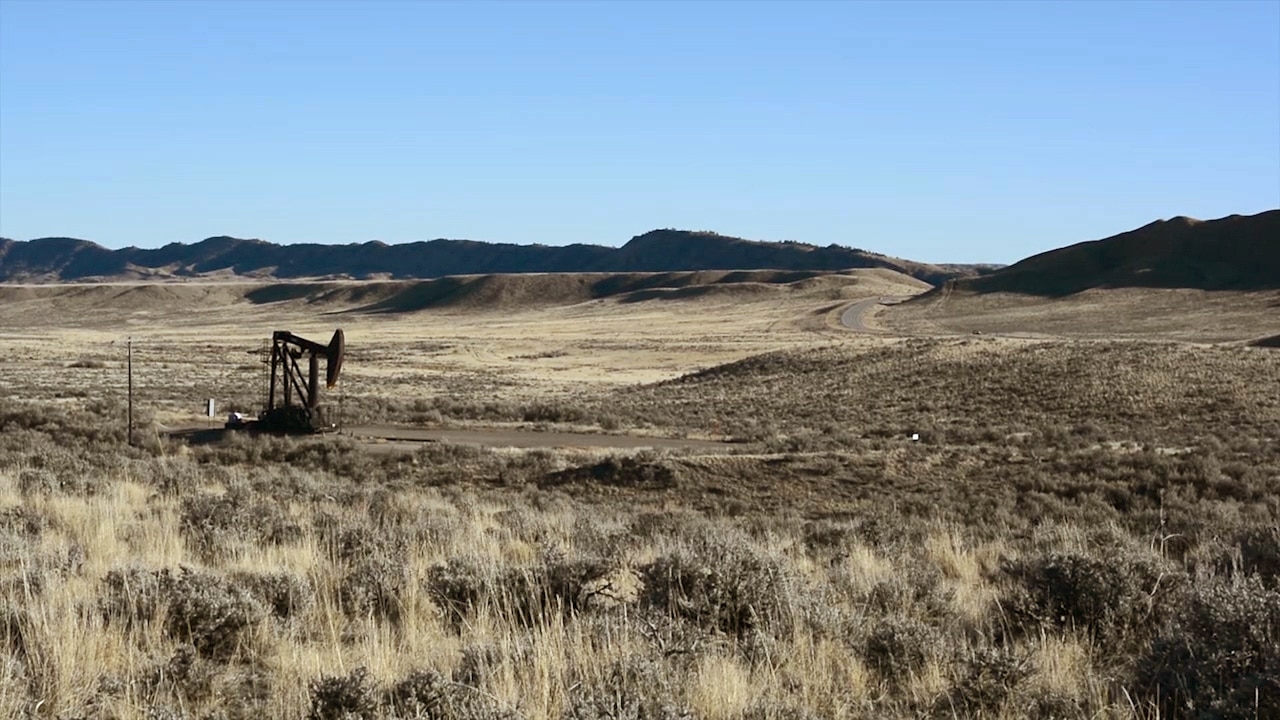The U.S. Department of the Interior announced in a press release a plan to reform onshore oil and gas lease sales, leading to possible impacts in Wyoming and eight other states.
Part of the plan includes raising the royalty rate for new sales of oil and gas leases from the current federal rate of 12% to 18.75%, due to a report by the Interior, and could also impact Alabama, Colorado, Montana, Nevada, New Mexico, North Dakota, Oklahoma, and Utah.
The report uses data from the Washington DC-based non-profit Taxpayers for Common Sense, which shows that the federal government lost $12.4 billion in revenue from oil and gas lease sales between 2010 and 2019 by not raising royalty rates.
Steve Ellis, President of Taxpayers for Common Sense, said the royalty rates for oil and gas leasing being increased the Biden administration would need to be finalized through the rule-making process.
“Wyoming the state charges a higher royalty rate, 16.67% than the federal government does. There isn’t really a lot they can do to push production. In the end, these are private companies making private decisions…You look at a state like Texas, which is not exactly an anti-oil and gas state. They charge a royalty rate of up to 25%, so clearly, there’s a lot of room for growth that isn’t going to negatively impact development, and will have a better return for taxpayers in Wyoming and at the federal level.”
When it comes to the impact the lower federal royalty rates have had in Wyoming, Ellis said that the state lost almost $2 billion in the past 10 years in revenue.
“Over the last decade, that would have been $1.7 billion in Wyoming’s taxpayer’s coffers,” Ellis said. “You could make an argument that when you look at the federal government and how much the federal government spends and the huge deficits, $3.5 billion, which is what would have been the total amount, that maybe isn’t as much money, but $1.7 billion for the state of Wyoming, that’s real money on the barrel and something that affects your roads, it affects your public infrastructure. That’s significant cash for people in Casper and other parts of Wyoming.”
Ellis said that oil and gas companies could utilize leases they currently have but don’t because it would decrease the cost of gas.
“Essentially they’re holding onto that. They know that if there’s an increase in production then you’re going to reduce the price of oil,” Ellis said. “They’ve seen that time and again over the years. I can’t speak for them, but it seems to me that they would rather squat on these leases, and squat on these lands rather than actually increase the amount of oil and gas they’re producing.”



